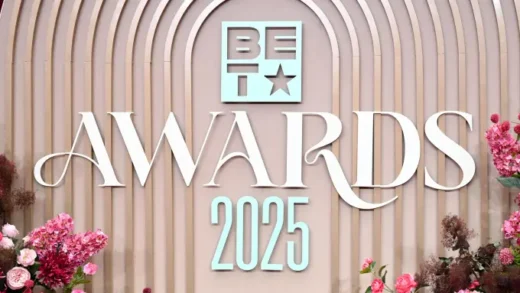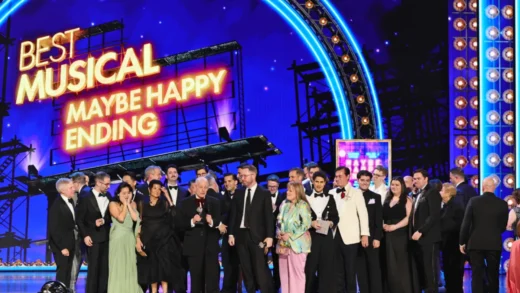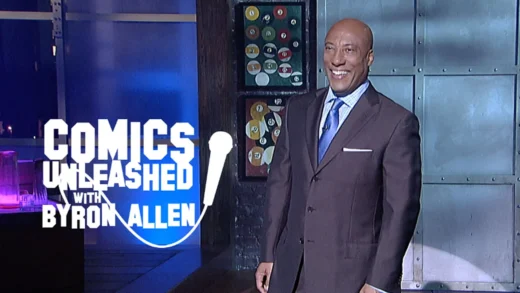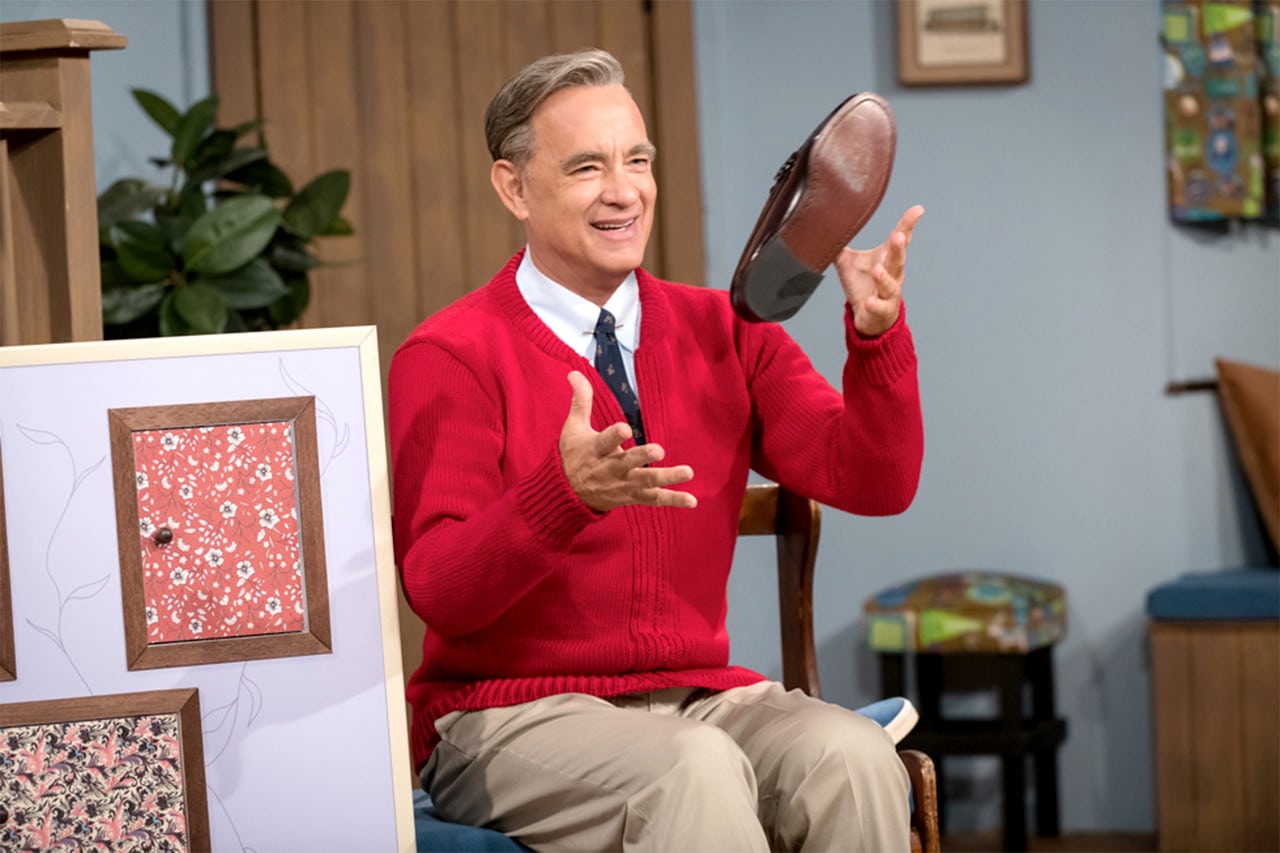I have to admit that I’m not part of the target audience for Marielle Heller’s A Beautiful Day in the Neighborhood, which had its world premiere at the Toronto International Film FestiIn fact, Heller and screenwriters Micah Fitzerman-Blue and Noah Harpster make a valiant effort to prevent A Beautiful Day from resembling a tearjerker for adults. Their main ruse in this regard is a refusal to avoid falling into the traps of the standard biopic. At a Q&A following the screening at Toronto, Heller admitted that most of the public viewed Rogers as either “a saint or a fraud.” The filmmakers’ jab at a nuanced perspective (although many will conclude that Rogers still emerges as impeccably saintly) involves using a cynical journalist named Lloyd Vogel (Matthew Rhys) as a foil for Rogers’s child-like innocence.val on Saturday. Not having been weaned on Mister Rogers’ Neighborhood, Fred Rogers’ beloved children’s program, which ran, with a few interruptions, from the ‘60s to the early 21st century, my eyes don’t tear up at the mere mention of his name or references to some of his puppet friends such as King Friday XIII and Daniel the Tiger. My taste in escapist entertainment enjoyed by children—although not necessarily made exclusively for them—is more aligned to the subversive humor of Chuck Jones’s Looney Tunes than a program in which a kindly gentleman in a sweater issues bromides that seemed culled from the arsenal of a liberal Protestant minister (and Fred Rogers was in fact an ordained minister, although one who refrained from mentioning God on his program).
Like Morgan Neville’s hit 2018 documentary, Won’t You Be My Neighbor?, Heller’s film is so besotted with Rogers that it’s enough to turn the stomachs of the handful of misanthropes that don’t view Rogers as a secular saint. Of course, even though I wasn’t ultimately sucked in by Heller’s attempts to avoid sentimentality, and found this well-intentioned movie disconcertingly maudlin, she was certainly determined from the outset to avoid certain narrative pitfalls.
A fictionalized version of Tom Junod, who wrote an acclaimed profile of Rogers for Esquire in 1998 titled “Can You Say…Hero?,” Lloyd’s skeptical preconceptions concerning Rogers’ persona quickly dissolve when he encounters the PBS TV host in the flesh.
Lloyd turns up at his initial interview session with Rogers bearing the visible scars of a brawl with his father, Jerry (Chris Cooper), at a family wedding.
Angry at his dad for having abandoned him and his sister years before, Mister Rogers functions as a surrogate therapist for the troubled Lloyd. Perhaps the most interesting takeaway from the film is that Rogers, although clearly not a Freudian, was in fact an enthusiastic advocate of the “talking cure.” Unfortunately, instead of the slow, agonizing process of psychoanalysis, Rogers’s injunction to “talk about” Lloyd’s personal demons is depicted as a near-magical process. After a few interview sessions in which Rogers turns the table on his interlocutor and interviews Lloyd, the crusty journalist is happily reunited with his now-dying father, and his slightly faltering marriage is back on track.
(Exerpt) Read more in: Daily Beast





